The school year has arrived. Friends are reunited, new binders have replaced the ones from before. Wide-eyed freshmen wander the halls, legs shaking and pens tapping. Seniors reminisce on their last first day.
But alongside all this excitement looms the latest state laws targeting a familiar enemy these past few years: the phone.
Although we have been navigating a phone ban since last year, the new Tennessee State Legislature has now cemented a cell phone ban into state law. The bill, passed in March, requires all Tennessee school districts to implement a ban.
Before the bill, Bristol Tennessee City School created and introduced a “phone ban” policy in the 2024-25 school year, although a phone ban has been in place at the middle school since its opening.
“We got ahead of it because we were thinking the cell phone law was going to come out last year and they put it off,” Principal Kim Kirk said. “So then it came out this past year, which we’re a little ahead of, and I feel like it helped us.”
On top of the circulating rumors, the phone ban had additional motivation beyond just gossip.
“The social aspects of school were really being affected because people weren’t talking to one another and we started the conversation of wanting to pull back from that,” Kirk said.
The lack of social aspects and addition of phones in the classroom have led many to believe that the phone ban will do away with bullying.
“Its not as easy to be mean face to face,” Kirk said.
As bullying and phones continue to be a debated topic, some believe the phone ban won’t stop people from using them to negatively affect people.
“When fights happen, people are still gonna pull out their phones. It’s not just going to stop them,” junior Aiden Davis said.
Turmoil over phones inside the classroom will persist both in politics and schools across the country, but devices are not the only thing Tennessee lawmakers are beginning to try to remove from classrooms.
“There is a new policy called the Teen Social Media and Internet Safety Policy, in the state of Tennessee,” Kirk said.
The new Tennessee bill requires schools to prohibit social media access on school internet and school issued devices. Some of the social media referred to in the bill include TikTok, Instagram, Pinterest, and a favorite pastime of many, YouTube.
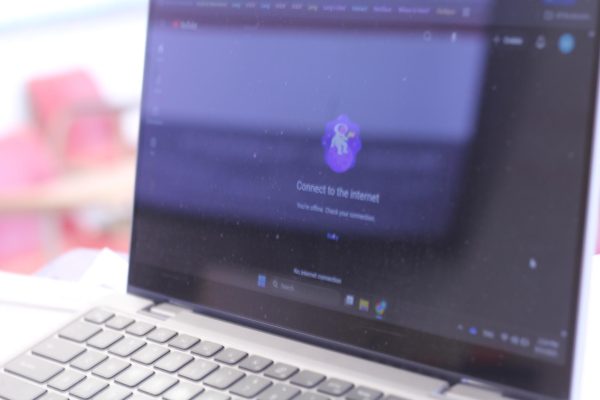
Social media platforms like TikTok and Instagram were already banned off school laptops, but YouTube, the video platform, has persevered in staying on school laptops. The video platform extends to beyond just entertainment with many hours spent watching educational videos, listening to music, and watching reviews and just about any niche there is.
“We had students who were spending hours upon hours upon hours on YouTube last year,” Kirk said.
However, for some students like sophomore Thairen “Mykael” Lowe, the hours that were spent on YouTube were not during class but only when there was nothing to do.
“I wasn’t on YouTube during instructional time,” Lowe said. He claims only watched YouTube when he was done with his work.
Additionally, YouTube served as a useful tool for information in regards to classwork and material. YouTube provides videos for students to learn certain concepts and help them better understand information taught in class.
Sophomore Max Dye didn’t use YouTube as an entertainment platform, but a study aid.
“I use it a lot as a resource for all my classes,” Dye said.
It’s not only students who feel as if they have lost a valuable platform. Science teacher Rich Reece has expressed that he has lost a valuable way for absent students to catch up on material.
“For the past 5 years I’ve recorded notes and posted notes and used YouTube for that for students who were absent so they can catch up,” Reece said.
On top of a resource for students who have missed class, teachers have said the lack of YouTube could also disrupt lesson plans for classes.
“I think it’s going to make my job a little bit more difficult. Especially when it comes to teaching speech next semester, or having a speech team,” said English and drama teacher Amber Davis.
In a class like Criminal Justice, YouTube is an essential part of the curriculum.
“We almost have nothing to watch anymore, because Jay Rich (criminal justice teacher John Richardson) can’t show us videos,” said senior Ian Epperson.
Contrary to some of these opinions on YouTube, some freshmen who have been dealing with a phone and social media ban on laptops since middle school see the ban as a good thing.
“I think it’s fair. I think it’s good,” said Freshman Ethan Johnson. Ethan went on to explain that the YouTube ban eliminated the biggest distraction facing students in the classroom and it lets him focus better without it.
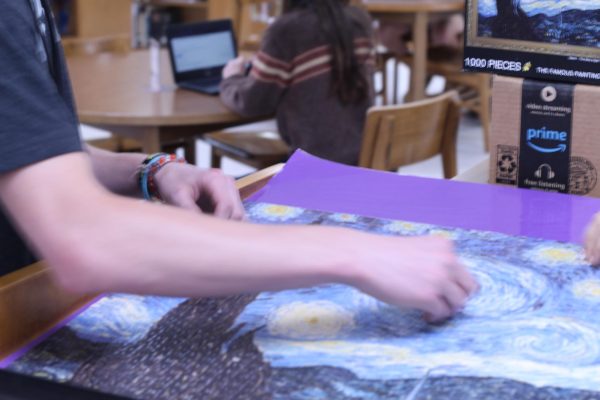
Whether YouTube being taken away is seen as a good or bad thing, some express that the schools emphasis on YouTube and phones should not be a top priority for school, but instead should be bullying.
“Kids are getting bullied left and right, and all they care about is if our phones are out,” senior Jade Worley said.
The relationship between phones, social media, and bullying has been a discussion since the internet has been around, and in an environment like school, it’s hard to consider every perspective to implement a rule.
The cell phone policy as well as the newly established social media policy will get some getting used to, but questions still linger over both teachers and students heads: Do all these new rules help or limit learning and what is the point if people are still going to break them?
“It really changes nothing. There are still people using their phones,” Worley said. “There are still kids using their phones. There are still adults using their phones,” Worley said.





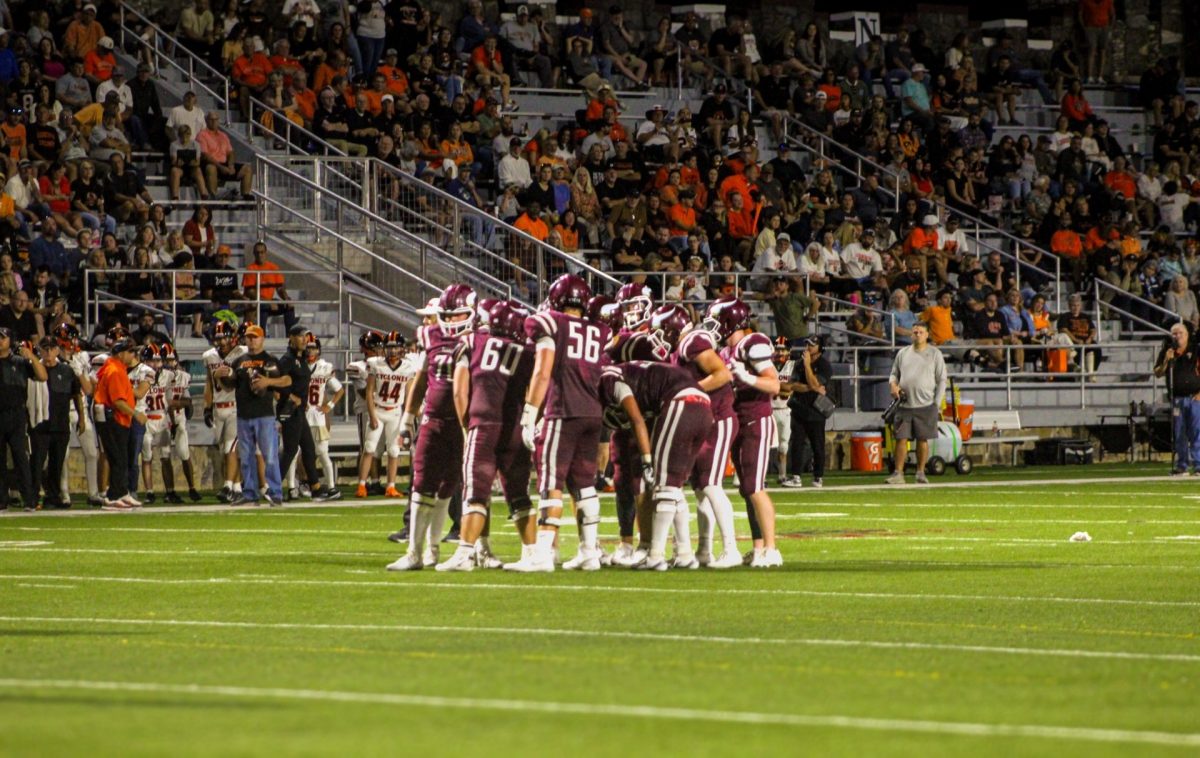







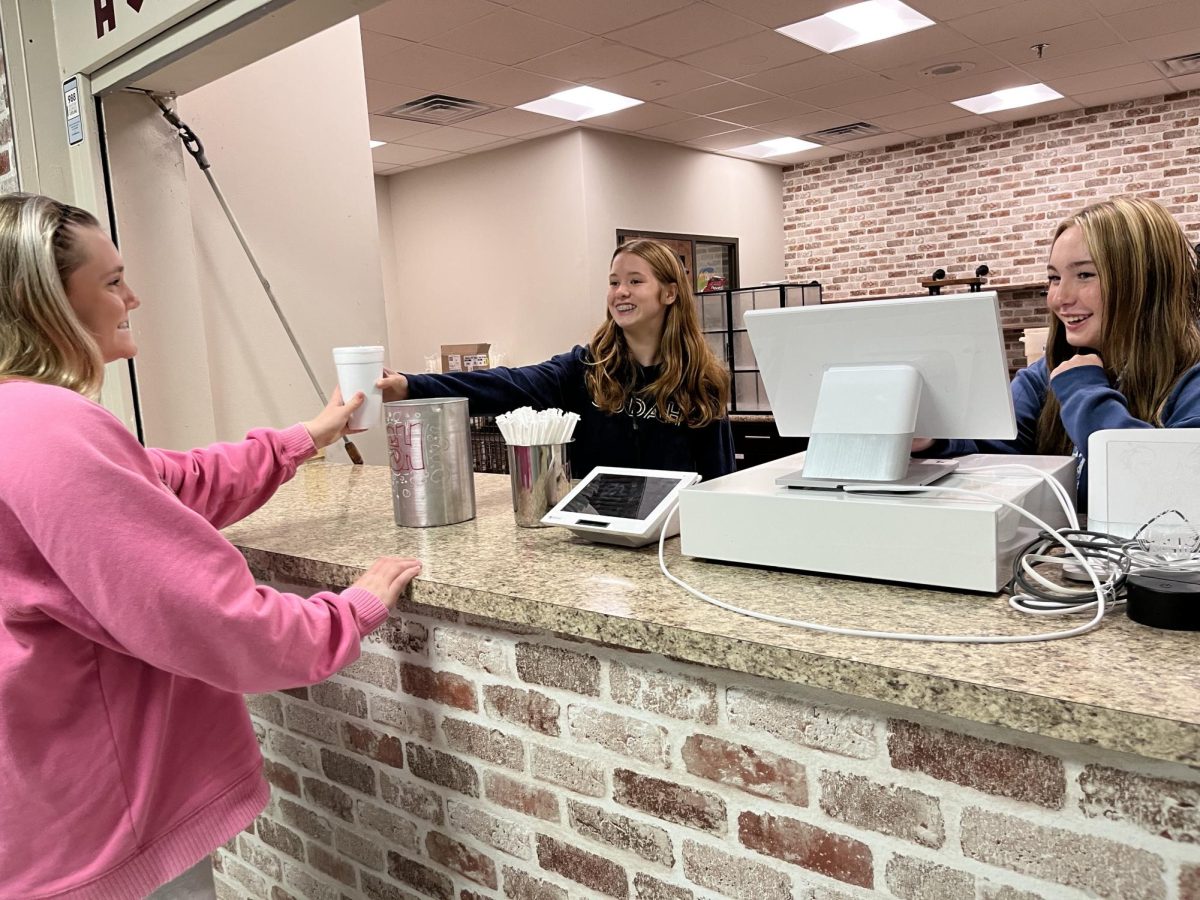













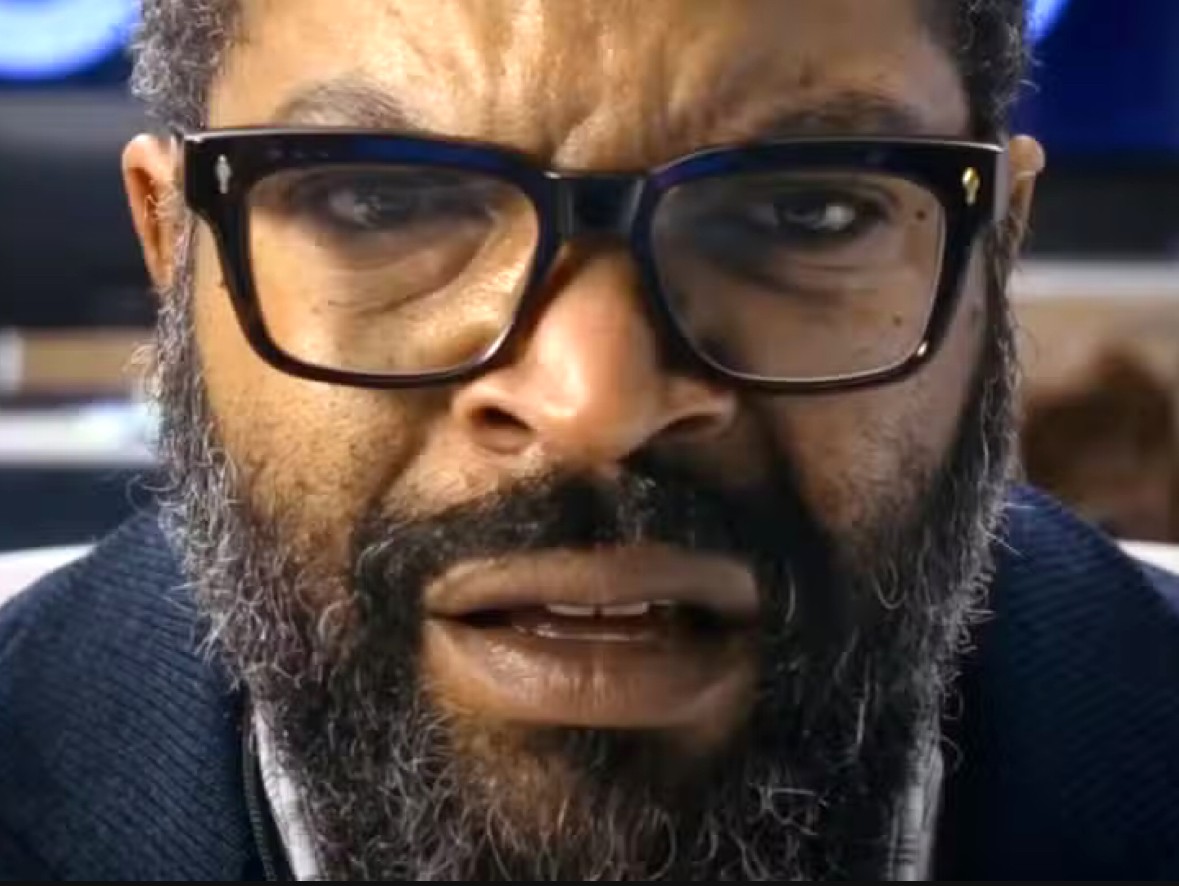
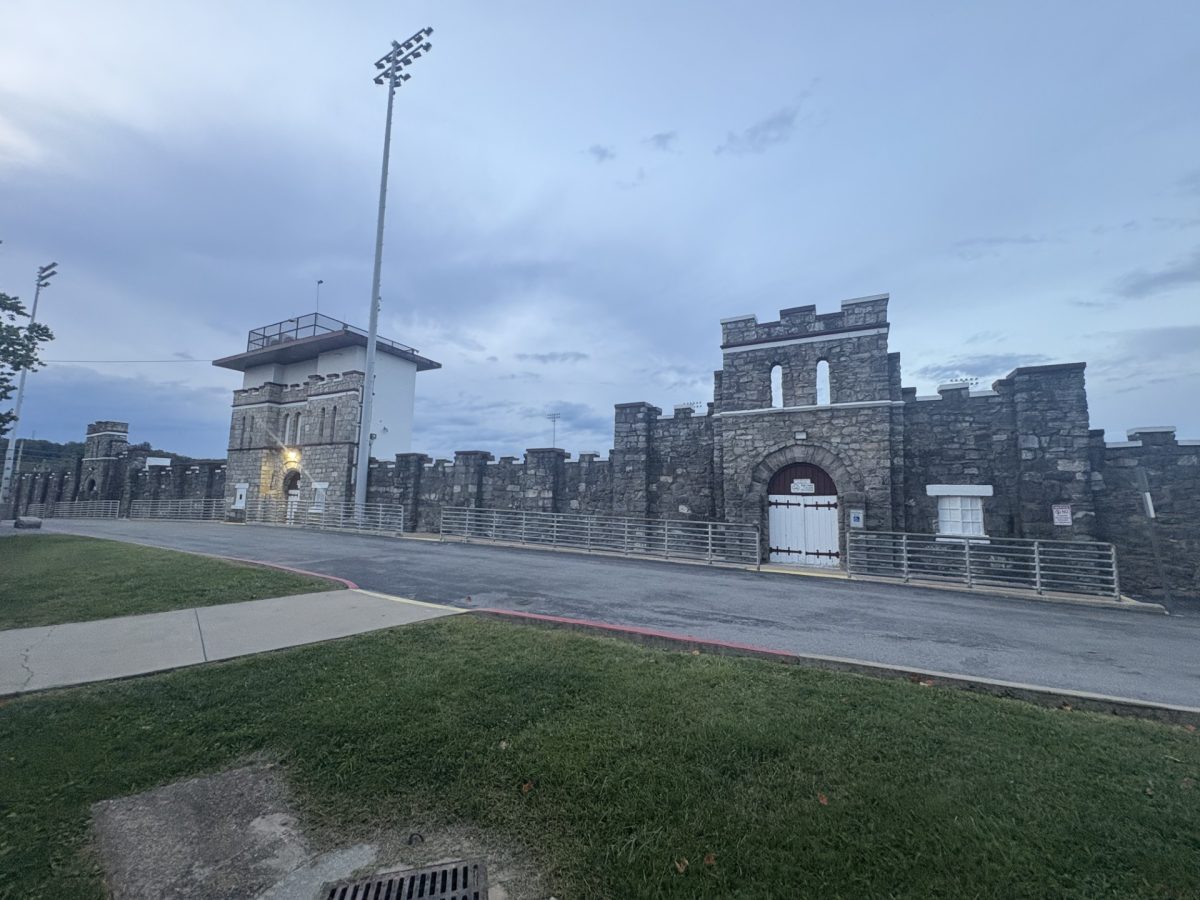
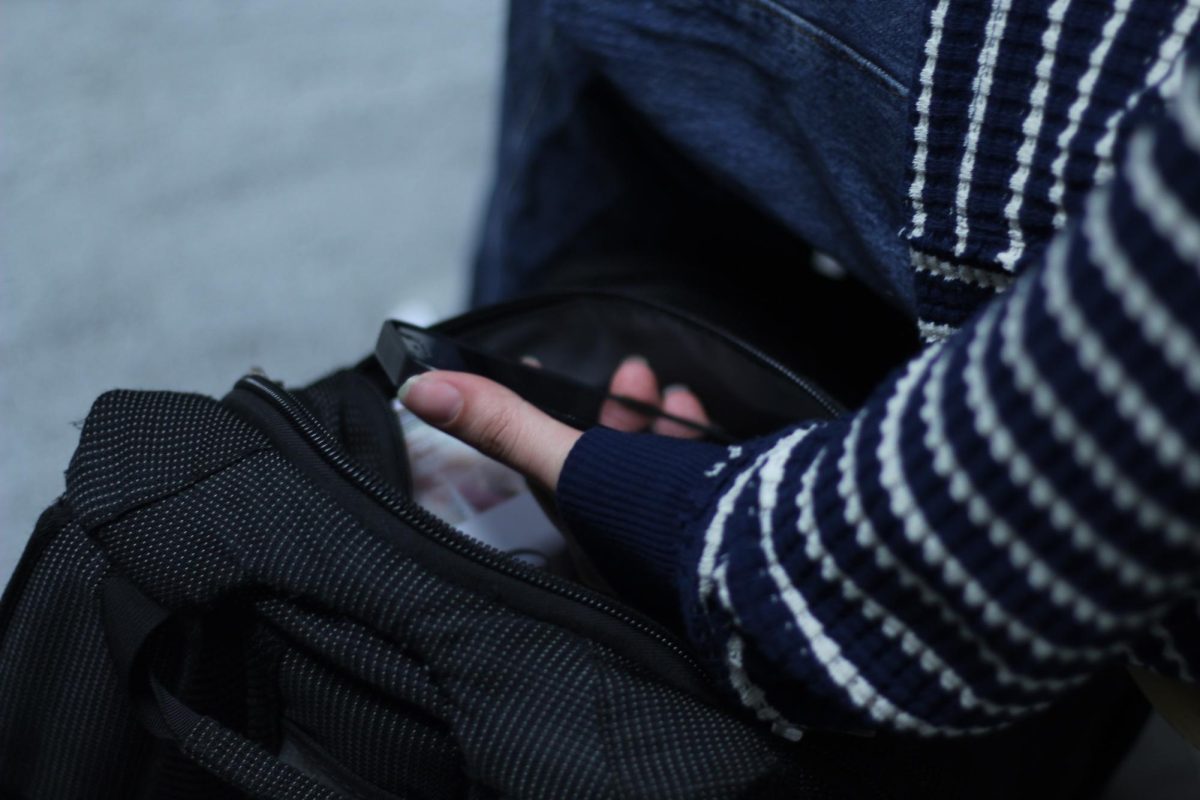


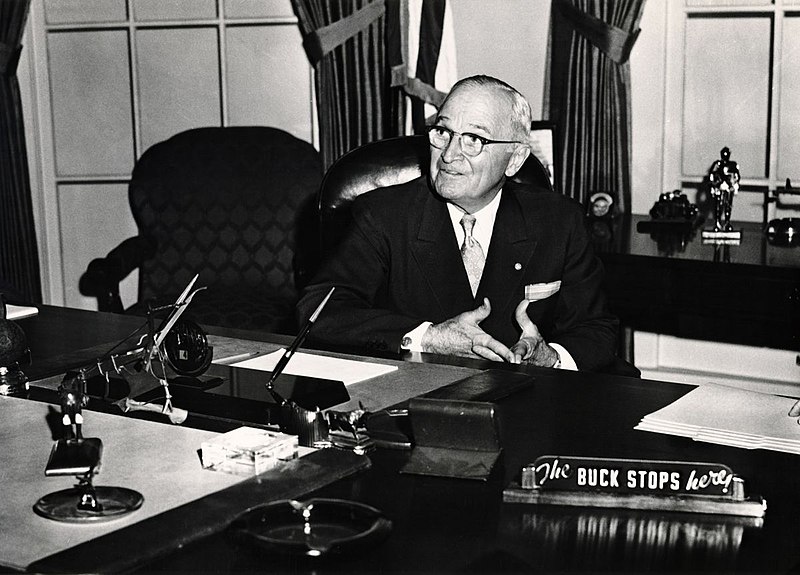
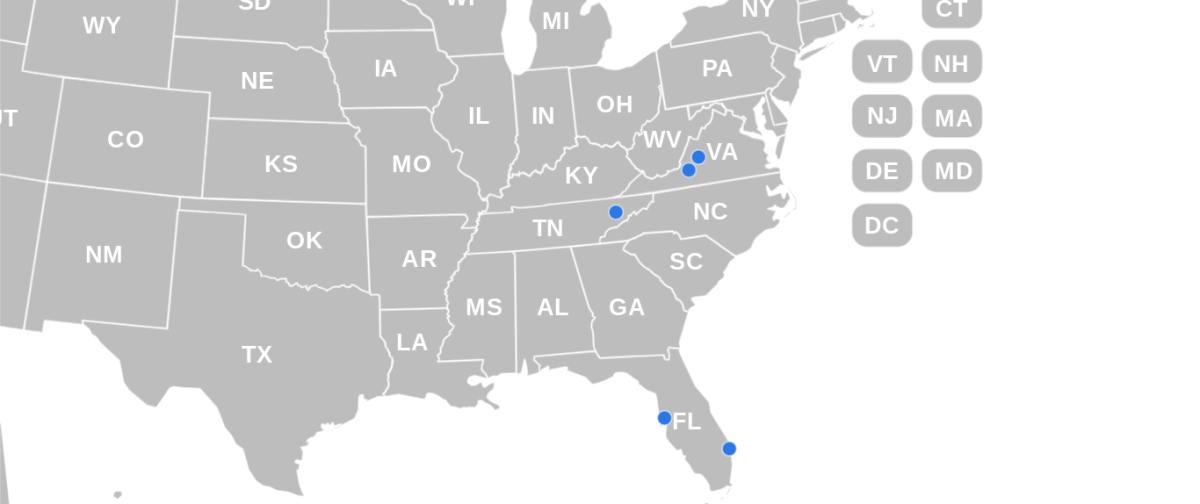




Riley nunley | Sep 19, 2025 at 8:37 AM
Great article Noah you the goat
Matt V. | Sep 18, 2025 at 11:52 AM
I was one of the first to realize that YT got banned. I was fumed at first but now I see why they did it.
Luke | Sep 9, 2025 at 9:03 AM
Just so you know, J-Rich is a nickname for John Richardson, Jay is not his actual name.
Aiden Smith | Sep 9, 2025 at 12:57 PM
I tried to add a note about that during editing but it must have gotten deleted. I added it now.